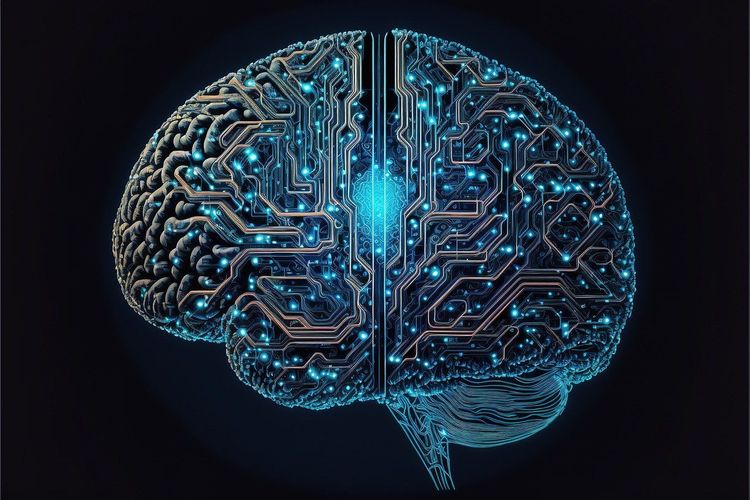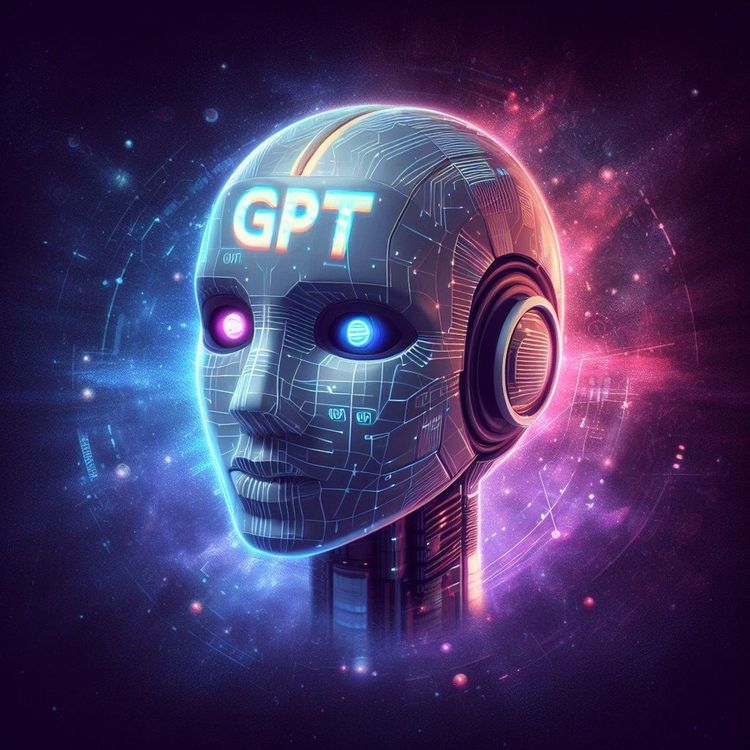Elon Musk Files Lawsuit Against OpenAI's Leadership Over AGI Direction
Billionaire entrepreneur Elon Musk, a co-founder who exited OpenAI, has filed a lawsuit against CEO Sam Altman and Chairman Greg Brockman. The suit alleges that they have strayed from OpenAI’s original mission of developing artificial general intelligence (AGI) for the benefit of humanity, instead prioritizing profitability through a partnership with Microsoft.
Allegations of Breach of Founding Agreement
In the lawsuit submitted to San Francisco Superior Court, Musk contends that he, Altman, and Brockman initially agreed to create AGI—an AI that can outperform humans in economically valuable tasks—under a non-profit model. This model emphasized open-source technology to promote safety and transparency.
However, following Musk's departure, the lawsuit claims OpenAI pivoted towards a profit-driven approach, effectively becoming a closed-source subsidiary of Microsoft. This shift, according to Musk, breached their founding agreement.
Shared Concerns Over AI Risks
Musk highlights that both he and Altman expressed significant concerns about the risks of advanced AI as early as 2015. Altman had warned that superhuman machine intelligence (SMI) represents one of the greatest threats to humanity’s existence. This mutual apprehension led the co-founders to establish OpenAI as a counterbalance to tech giants like Google, ensuring that AI development would focus on humanity's welfare.
Initially, OpenAI adhered to its founding commitment, including the release of the GPT-3 model. The organization shared detailed information about GPT-3’s internal workings. However, after partnering with Microsoft in 2020 and exclusively licensing GPT-3, the organization’s commitment to transparency began to wane.
Shift in OpenAI’s Strategy
By 2023, the lawsuit asserts that OpenAI violated its founding principles when it released GPT-4, an advanced model with exceptional reasoning capabilities, without making the underlying technology public. OpenAI has cited safety as the rationale for this secrecy, but Musk argues that commercial interests drive it.
He claims that GPT-4, which Microsoft researchers described as an early version of AGI, was integrated into Microsoft’s paid Office suite, extending beyond the initial 2020 agreement.
The lawsuit reveals that in November 2023, the OpenAI board dismissed Altman for concerns about his transparency and leadership. However, due to Microsoft's influence, he was quickly reinstated, and many board members were replaced. These new board members lack the expertise to evaluate when AGI is achieved, according to the lawsuit.
Call for Adherence to Original Mission
Musk's lawsuit seeks to compel OpenAI to return to its original mission of developing AGI for humanity's benefit rather than for profits. This legal action is not Musk’s first critique of OpenAI; he has previously characterized it as a pawn of Microsoft, a "ruthless corporate monopoly," losing its foundational non-profit ethos.
Additionally, Musk has launched his own AI venture, xAI, aimed at creating safe and ethical AI. This initiative seeks to develop understanding-based AI and includes a chat assistant called Grok. Musk believes this approach minimizes existential risks posed by AI.
Though xAI is still in its early stages, it has attracted talent from OpenAI, DeepMind, Google Research, Microsoft Research, Tesla, and the University of Toronto, signaling Musk’s commitment to fostering responsible AI development.







